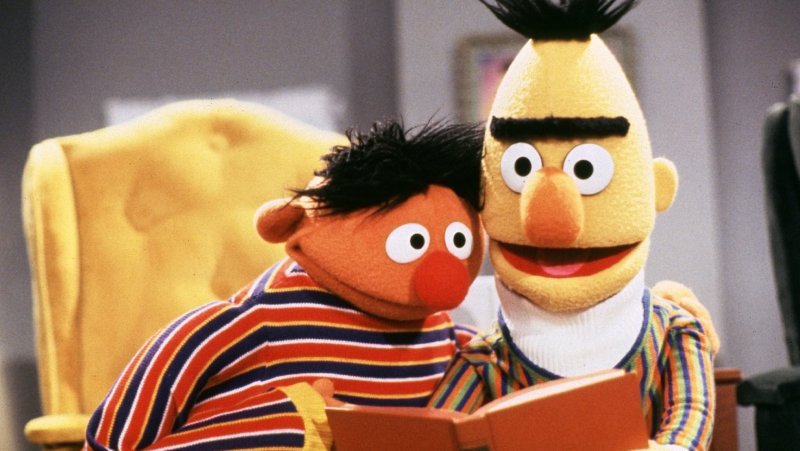Bert and Ernie (pictured in an undated file photo), are popular characters on the children's program "Sesame Street," which promotes pro-social behavior among preschoolers. A new study by Seattle Children's Research Institute shows that young children put on a "diet" of educational media show less aggression, more sharing. (File/UPI) |
License Photo
Kids absorb their surroundings as they learn to develop proper responses to social situations, and they don't just mimic their parents and family, but also behaviors they see on television or in movies. The average U.S. preschooler engages in roughly four hours of screen time per day, and reducing that number isn't as easy as changing the channel, according to a new study published by Seattle Children's Research Institute in the journal Pediatrics.
Dimitri Christakis, lead author and director of the Center for Child Health, Behavior and Development
at Seattle Children’s Research Institute explored ways to influence what shows children watch so that they’re more apt to imitate quality conduct. “We’ve known for decades that kids imitate what they see on TV,” he says. “They imitate good behaviors and they imitate bad behaviors.”
In the study, he and his colleagues tracked 617 families with kids between the ages of three and five. Half of the families agreed to replace programming with more aggressive and violent content with educational, pro-social shows that encourage sharing, kindness and respect. Recommended programming given to parents in a program guide included "Dora the Explorer," which teaches how to resolve conflicts, and "Sesame Street," which models tolerance for diversity. The other families did not change their children’s viewing choices.
Six months after the study began, the children who increased their pro-social viewing acted less aggressively and showed more sharing and respectful behaviors compared to the control group. They were more apt to compromise and cooperate than children who didn’t change their viewing content, and the effects persisted for the entire year that the study lasted. “There is a connection between what children watch, not just in terms of violence but in terms of improved behavior,” says Christakis, who is also a professor of pediatrics at the University of Washington.
Who got the biggest increase in "good" behavior? Low-income boys. “They derived the greatest benefit, which is interesting because they are most at risk of being victims and perpetrators of aggression,” Christakis said.







